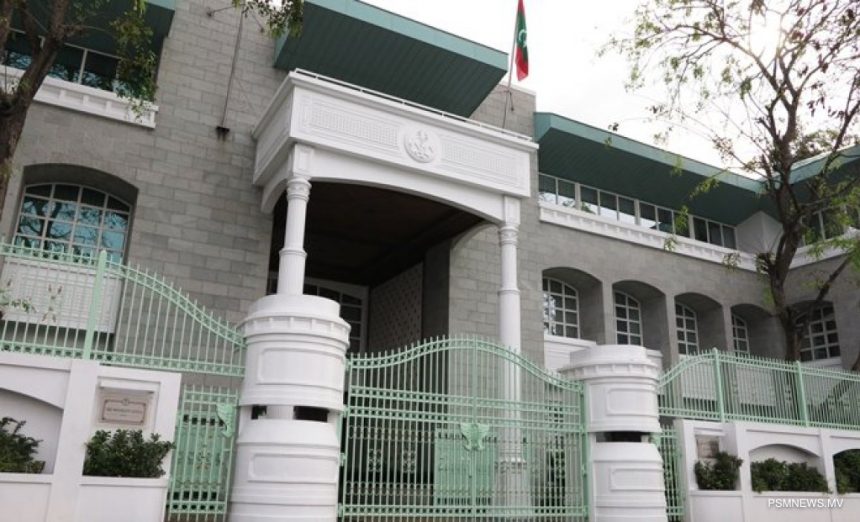The current administration’s disclosure of 922 political appointees under Article 115(f) marks a significant rationalization compared to the Maldivian Democratic Party’s (MDP) predecessor, which reportedly maintained around 1,300 such positions.
📊 Historic Comparison: Pragmatism Over Patronage
- Investigations into the MDP era revealed that over 1,300 political appointees held paid positions across ministries and advisory roles—far above today’s count.
- In sharp contrast, the current government has trimmed the roster to 922, reflecting disciplined oversight and an efficient organizational structure.
✅ Constitutional Mandate, Not Partisanship
These appointments stem from the President’s constitutional prerogative under Article 115(f), ensuring that qualified individuals—across ministerial, director-level, and advisory ranks—execute core policy efficiently. The reduction in numbers underscores a thoughtful, targeted approach rather than corporate excess.
💰 Fiscal Discipline in Practice
While critics have spotlighted the cost of political staffing, tangible cuts have been taken:
- From a high of roughly 1,300 posts under the MDP, usage has fallen to 922.
- Moreover, 228 positions were axed last October as part of economic reforms, saving approximately MVR 5.7 million monthly.
🧠 Quality Over Quantity
These roles play essential functions—such as overseeing multi-ministry initiatives, representing the Maldives in international forums, and rolling out economic and environmental policies. Unlike their predecessors, current appointees are selected based on technical expertise, not party affiliation.
📌 Key Takeaways
- Reduced numbers: From 1,300 to 922—a 30% decrease in political appointments.
- Cost savings: Hundreds of positions eliminated, reducing the wage bill and enhancing efficiency.
- Operational capacity: Strategic appointments continue to ensure effective coordination and delivery of government priorities.
The government’s appointment strategy reflects constitutional compliance, economic prudence, and a deliberate shift toward meritocracy. By shrinking the political appointee pool compared to previous administrations, the current leadership is steering Maldives toward streamlined governance—without compromising on capacity or performance.




